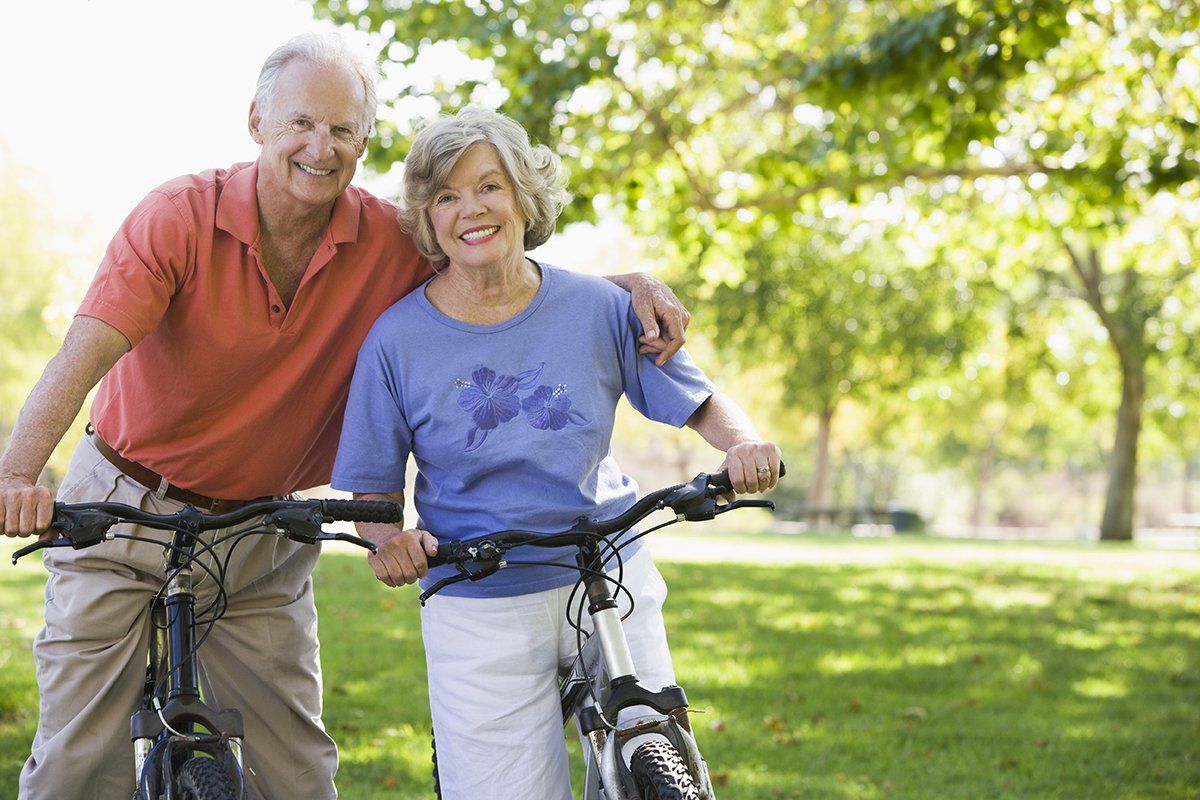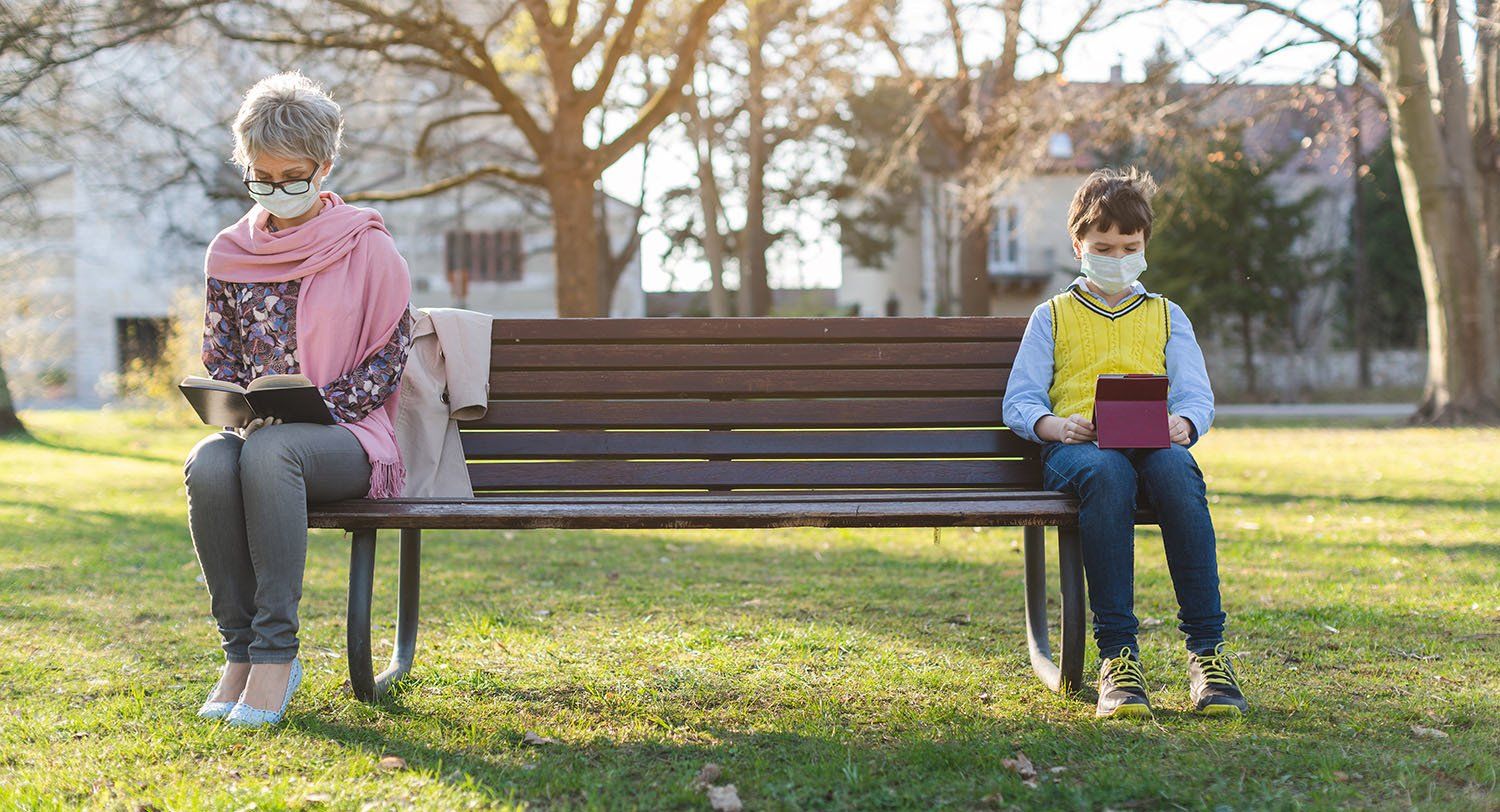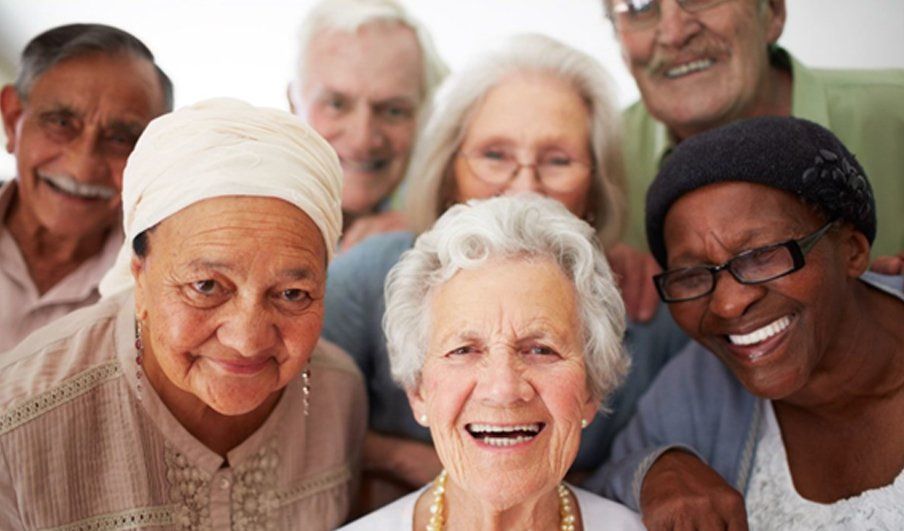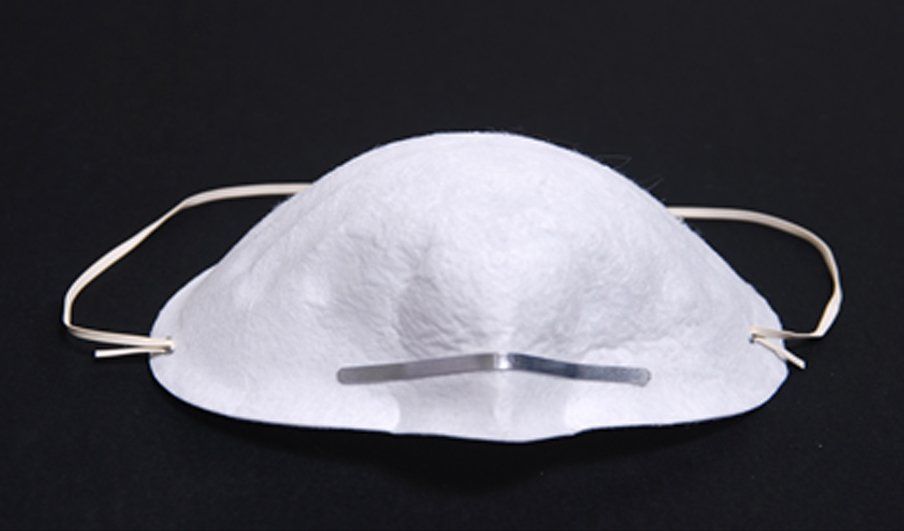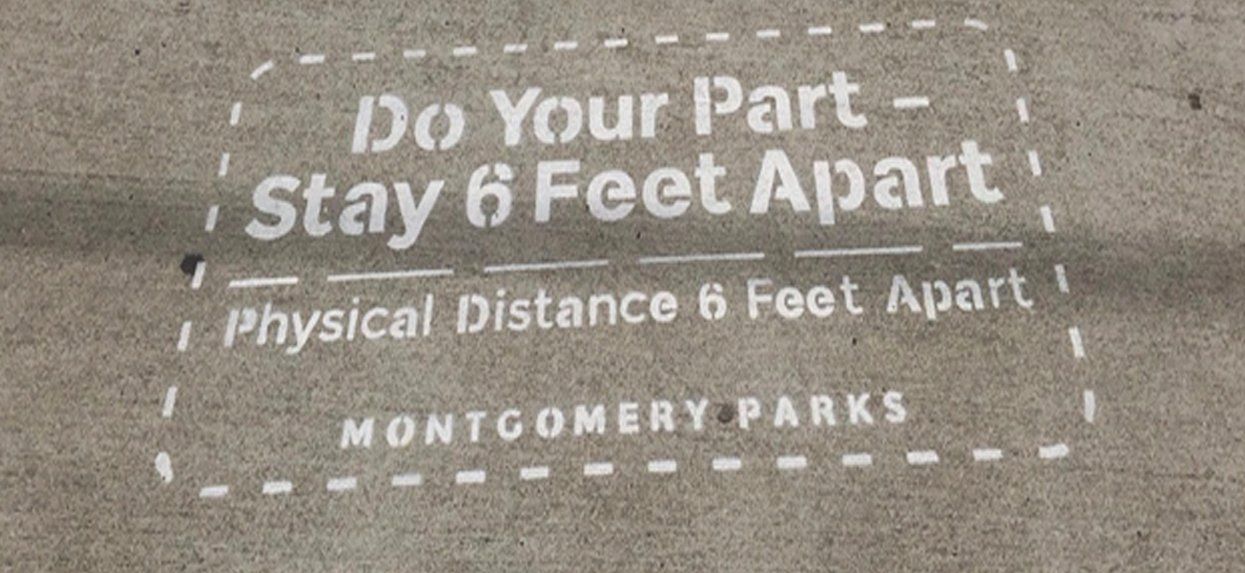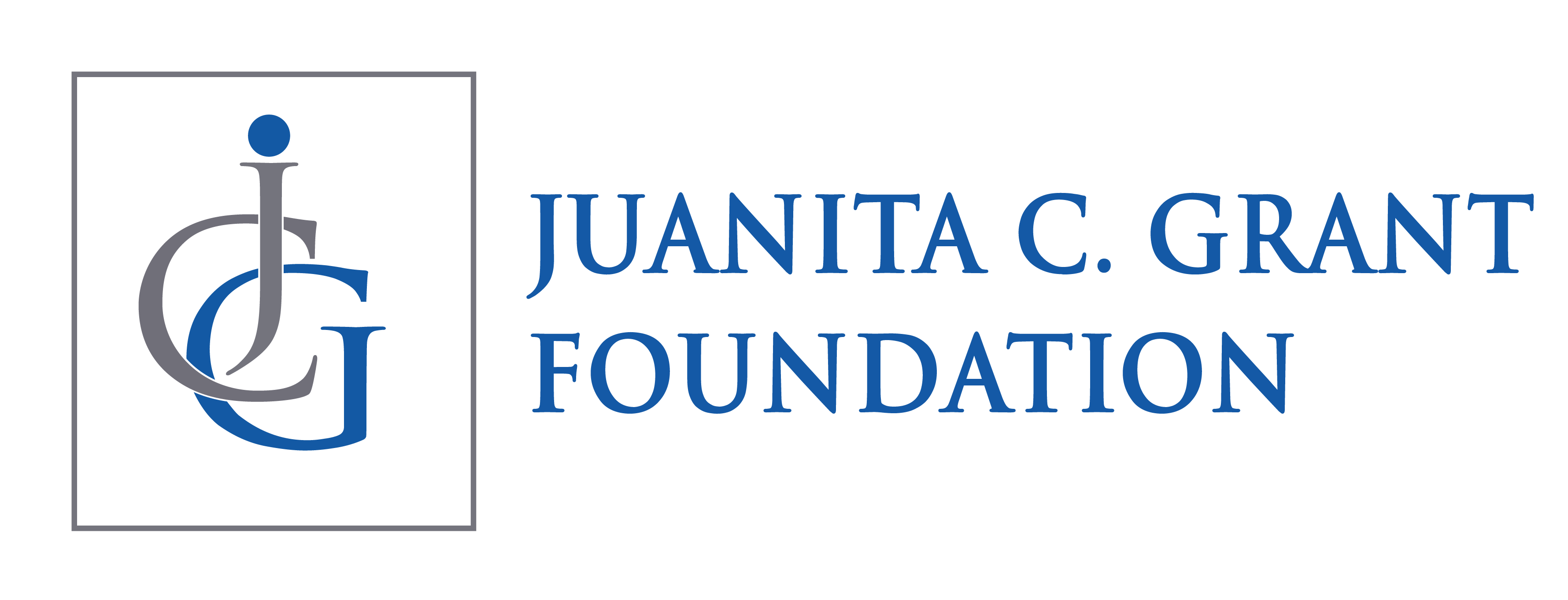Share Your Heart with Older Adults
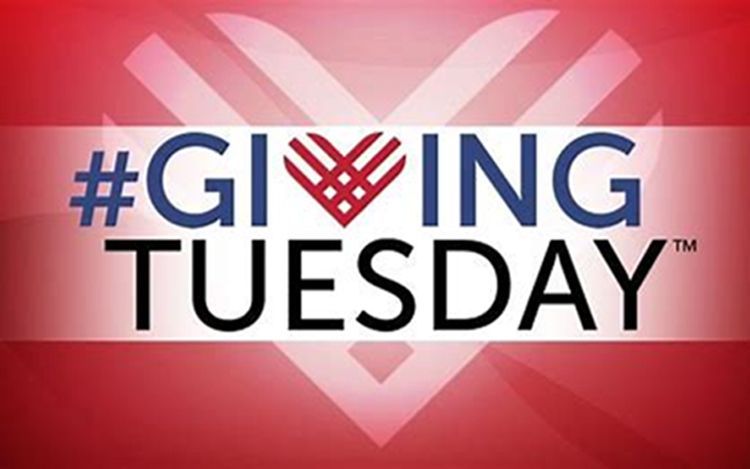
On Giving Tuesday, December 3rd, 2024, I invite you to make a lasting impact on the lives of older adults in our community. Aging presents many unique challenges—shrinking social circles, navigating a complex healthcare system, and, for many, unexpected financial insecurity. The Juanita C. Grant Foundation is assertively addressing the national social isolation and loneliness crisis through our Village Connector Experience (VCE) service, which has been active in 22 states beginning at the height of the COVID-19 pandemic in July 2020. Our trained Village Connector Ambassadors provide structured, scheduled outreach phone calls to older adults. Our VCE Ambassadors help relieve the sense of loneliness through dedicated time and building a relationship that allows the VCE members to sustain their challenges and reconnect with friends and family. Your contribution will help services evolve to include intentional activities and events that bring younger and older people together to share mutual strengths and interests in bridging the age gap to build multigenerational bonds that will eradicate social isolation.
Our Elder Abuse and Fraud Prevention Series originated in 2017 in partnership with Prince George’s County Parks and Recreation to deliver this community education awareness campaign directly to older adults in senior activity centers and community centers throughout Prince George’s County. Since then, this program has evolved to include a panel of experts through partnerships with federal and state prosecutors, the U.S. Department of Justice, the Elder Justice Initiative, the Federal Trade Commission, the Consumer Protection Financial Bureau, and Prince George’s County Police Department, PGC Family Justice Center and our original partner, Prince George’s Parks and Recreation. The preventive education awareness training will add the Security Exchange Commission and the Cybersecurity Association to our expert panel of presenters. Domestic violence abuse increased during the COVID pandemic. As a result, we are including the “red flags” of domestic violence in later life in our presentations.
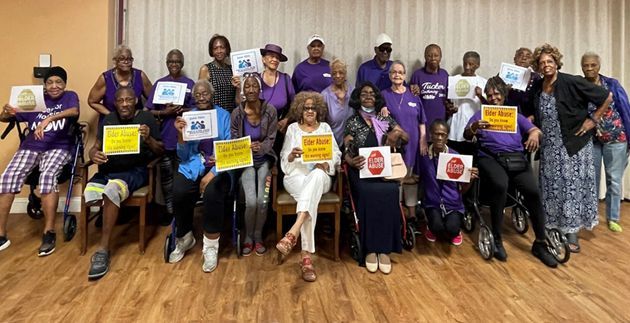
Your generous support will help the foundation with its partnerships to continue that address elder abuse and emerging scams that can rob older people of their life savings, health, and well-being. These resources are vital to ensuring that older adults not only live longer but are also prepared to avoid victimization and social isolation. Your Giving Tuesday donation helps foster long-term solutions for older adults by funding services such as the Village Connector Experience and the Elder Abuse, Domestic Violence, and Fraud Prevention Workshop Series. Your support helps create a future where aging is empowering and respected.
This Giving Tuesday let’s unite to uplift the elders who have given so much to society. Whether through a small donation or a more significant gift, your generosity can create a ripple effect that extends far beyond today. Together, we can help older adults lead happier, healthier lives, reminding them they are valued and cherished community members.
Must Read Newsletter
Sign up for news and events
Newsletter
Most Popular
